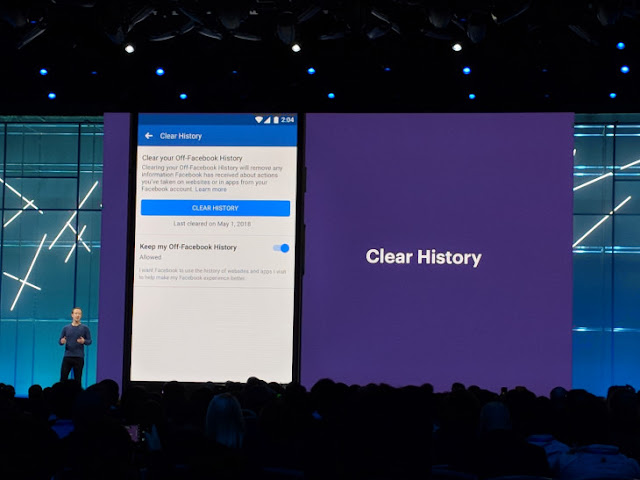The cord cutting trend
is having an outsized impact on subscription video apps’ revenue, it seems.
According to a new market analysis from Sensor Tower , U.S.
The growth was
particularly noticeable in the fourth quarter of 2017, when the top 10
subscription video apps grew 88 percent year-over-year to reach roughly $242
million, up from $129 million in Q4 2016.
This top 10 list was
led by Netflix, which also snagged the top spot as the world’s highest-earning
(non-game) app in 2017. In the U.S.
However,
other apps saw faster revenue growth rates in 2017, including CBS –
likely buoyed by the newStar Trek series. CBS grew revenue by 128
percent over last year, says Sensor Tower .
YouTube,
whose YouTube Red service removes commercials, allows for offline play, and
offers original content, grew 154 percent. And Starz, which has a number of
popular series like Power, American Gods, and Outlander,
grew 147 percent.
All of the
subscription video on demand (SVOD) apps grew their revenue by at least 10
percent year-over-year, the report says, with UFC’s app in last place with 14
percent growth in in-app spending, going from $7.7 million to $8.7 million. Still,
even that modest climb is notable given UFC’s appeal to only a niche audience.
One perhaps more
troublesome discovery from the new findings is how dependent these apps now are
on their hit series.
In the past, consumers
would pay for cable TV – perhaps tacking on some premium channels to have more
to watch – and stay subscribed for a long period of time. In the SVOD app
world, it seems consumers will sign up for a service to watch a favorite show,
then ditch the app when the show ends.
This
is most apparent with HBO. Its over-the-top streaming app HBO NOW saw U.S.
But
when the show ended, some number of subscribers dropped off. HBO NOW’s Q4 2017
revenue declined to $53.2 million. Of concern, Game of Thrones isn’t
returning until 2019, and HBO hasn’t really found anything of its caliber to
fill the void. That could be trouble for the network over the course of 2018,
especially in light of the increased spending on content from on-demand rivals
like Netflix, which is now saying it will spend between $7.5 billion and $8billion on content in 2018, for example.
Meanwhile, CBS is
currently benefiting from this trend.
In-app
spending in its streaming app CBS All Access increased 105 percent in Q3 2017,
when Star Trek: Discovery premiered.
It grew revenue to around $4.1 million, up from $2 million the year prior.
Revenue then jumped again, up 33 percent quarter-over-quarter, to $5.4 million
in Q4 2017.
Notably, Star
Trek was on hiatus
from mid-November through early January, so that speaks to CBS’s app being able
to retain users thanks to the draw of its other programming. (The network
currently has some of the most-watched shows, including Young
Sheldon and Big
Bang Theory; plus its app lets cord cutters in select markets watch
NFL games.)
Revenue growth in the
SVOD category is outpacing that of the app stores as whole, the report also
said. While top SVOD apps saw in-app U.S.








No comments:
Post a Comment